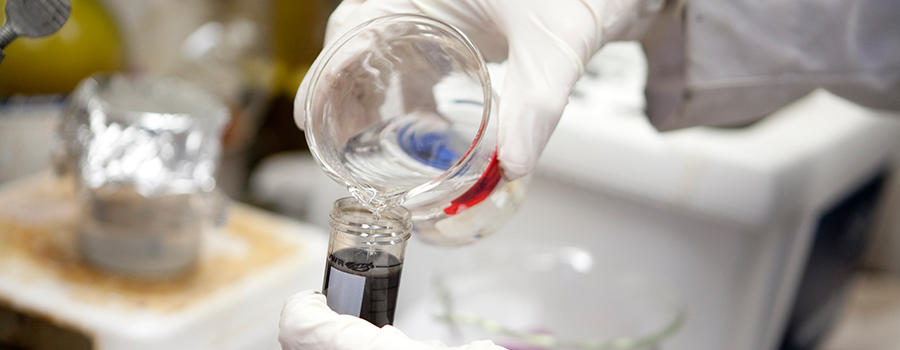Training in Research
Research and Mentors
Tufts IRACDA scholars may apply to conduct their research with any tenured or tenure-track Tufts University faculty member who is investigating issues related to biomedical science. Tufts University researchers are located on all three campuses of Tufts University, the Boston Health Science Campus, the Medford Campus and the Grafton Campus.
The websites of faculty in each of these participating departments will help guide you to choosing the best faculty member to contact about becoming your research mentor. Please refer to the various faculty members’ individual webpages to see the research foci of their labs.
Tufts Boston Campus
Tufts Medford Campus
Tufts Grafton Campus
We encourage you to discuss the selection of a mentor with the Program Directors Claire Moore (claire.moore@tufts.edu, Boston and Grafton campuses), Jamie Maguire (jamie.maguire@tufts.edu, Boston campus) and Mitch McVey (mitch.mcvey@tufts.edu, Medford campus).
If you are considering a lab on the Grafton campus, please indicate in your application that you have considered the logistics of the commute between campuses and the need to attend multiple in-person IRACDA meetings on the Boston or Medford campuses.
-
Tufts IRACDA is committed to providing scholars with strong support for their research activities. In keeping with this philosophy, the program has developed Research Guidelines to ensure that scholars and their mentors are familiar with the support that is available to them and are aware of the expectations that have been set forth for all Tufts IRACDA scholars.
Scholar Mentoring Team
Each scholar also assembles a Scholar Mentoring Team (SMT) which provides mentorship as the scholar moves through the program and prepares for the transition to a faculty position. The SMT is a valuable component of the IRACDA training and one not available to most postdocs interested in academic careers. As described in the SMT guidelines, the SMT works much like mentoring teams most universities set up for junior faculty, and in doing so, helps the scholars get the most out of their postdoctoral training and prepare them for a successful job search. The goals of the SMT meetings, which take place twice yearly, are:
- To serve as a resource for the scholars as they plan and carry out their postdoctoral research and to ensure that the scholars will have developed a project that will result in first-author publications and can be used to establish an independent research program.
- To help the scholars develop skills in scientific writing and presentation by providing feedback on the written research reports, manuscript and grant drafts, oral research presentations, and practice job seminars.
- To provide advice on issues regarding mentoring, responsible conduct of research, and the job search and negotiations process.
- To help the scholars develop the time management, prioritization, and planning skills critical for academic success.
